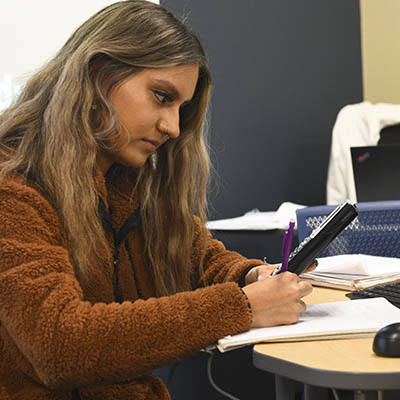

We offer every student a wide variety of opportunities to study mathematics and statistics within three different major programs: Pure Mathematics, Actuarial Science, and Secondary Math Education Certification.
Our faculty members genuinely care about the students and are readily available for consultation. Their primary interest is encouraging academic excellence while providing the necessary support for you to succeed.

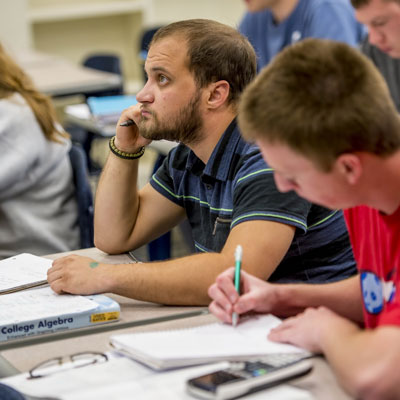
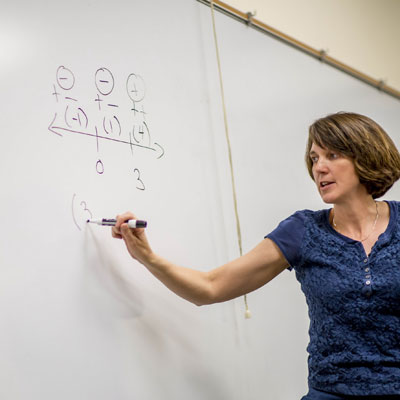

At Washburn University, we understand the importance of starting your academic journey on the right foot, especially when it comes to math classes. Our placement process is designed to make sure you're exactly where you need to be. Our goal is to ensure that you feel confident and supported in your mathematical pursuits. See the documents below to learn more about which placement test is right for you.
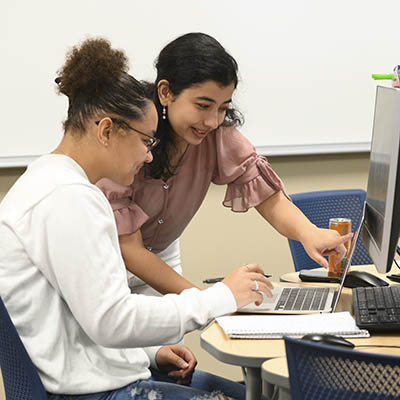
The Math Tutoring Center (Morgan 252) and Math Learning Lab (Mabee 304) are your dedicated resources for mastering mathematics. Open Monday through Friday during regular class days and offering some weekend hours, these centers provide free assistance for students enrolled in MA 151 and below. Our goal is to complement your classroom learning, not replace it.
Choosing a math minor boosts your analytical and problem-solving skills, giving you a valuable edge in diverse fields. It not only strengthens your academic portfolio but also signals to future employers or graduate programs that you excel in quantitative thinking. Plus, the interdisciplinary nature of math seamlessly integrates into other majors, offering innovative solutions for your academic journey.
To earn a minor in mathematics and statistics for the Bachelor of Arts degree, you must complete 15 credit hours. This includes required courses such as Calculus & Analytic Geometry I and Discrete Mathematics and additional credits chosen from a list of specified courses, allowing flexibility in tailoring the minor to your individual preferences.
To fulfill the 15-hour requirement for the optional minor in applied statistics, you need to complete Calculus & Analytic Geometry I and choose at least two courses from a selection including ANOVA/Design of Experiments and Regression Analysis. The remaining hours can be selected from a list of specified courses, offering flexibility in tailoring the minor to your preferences.
To fulfill the optional minor in game design, students must complete 15 hours by selecting five courses from a specified list. Two of these courses must be chosen from Video Game Design, Special Topics/Computer Information Science (Game Programming), Game Design, or Special Topics/Mass Media (Visual Storytelling). Additional approved courses, such as those in History or Economics, can be taken, ensuring a diverse perspective on game design. No more than two classes from a single department may count towards the minor.
Choose our Associate of Arts in Natural Sciences and Mathematics to explore diverse subjects while concentrating on mathematics, refining your analytical skills. This versatile degree ensures your credits seamlessly transfer to a bachelor's program, offering a solid foundation for your academic and career journey.
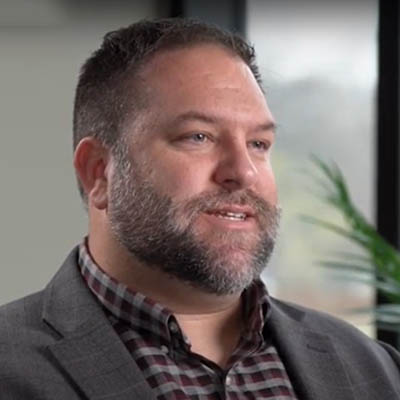
Matt Dinkel could have gone to a bigger college, but he didn’t feel as comfortable on those campuses as he did at Washburn. He knew being an Ichabod was the best fit.
"I felt like I was just a number," Dinkel said. "I had friends at the other schools where I don’t think they ever hardly even talked their professors. Even in my non-Math classes, I knew my professors."
That one-on-one interaction with professors was important to Dinkel, who earned a bachelor's in Math and Applied Statistics from Washburn.
"Washburn was the right fit for me because of the small class size and that family feel," he said.
During conversations with his professors, Dinkel learned about actuarial science. More than 20 years later, that field is his career as a director of long-term planning and enterprise risk management at Security Benefit.
He also has maintained a connection on campus, serving on the actuarial advisory committee here.
"We want to see it thrive at Washburn because Security Benefit gets a lot of interns, and a lot of them become full-time employees," Dinkel said.
Dinkel also is heavily involved with United Way of Greater Topeka, where he serves on the board, as well as the finance and audit committees.